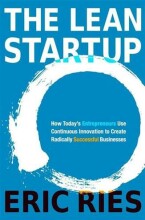The law - Crime and criminal procedure
11 important questions on The law - Crime and criminal procedure
Comment on the feeling among the British public that crime is increasing.
What consequences does the fear of increasing crime have?
The growth of private security firms and of Neighbourhood Watch Scemes. Also some laws concerning making arrests and keeping people in custody by the police have been altered lately. Custody (being held without being charged) changed from 24 hours to 28 days in 2005 after terrorist attacs, and then even to 42 days in 2008.
What is the Dutch equivalent of ‘community service’
- Higher grades + faster learning
- Never study anything twice
- 100% sure, 100% understanding
What is a Neighbourhood Watch Scheme?
It is a scheme that attempts to educate people in crime prevention and to encourage the people of a particular neighbourhood to keep their eyes open for anything suspicious. There are more than 100,000 of these in Britain.
Explain the difference between a magistrate and a judge.
Explain how a jury works
What is the difference between a solicitor and a barrister?
What are the Inns of Court in London?
What is ‘to take silk’? And ‘to be called to the bar’
to be called to the bar: to present a case in a higher court
what is on bail and what is the opposite
suspect may go free until his trial but must pay a certain amount of money, the opposite is on remand: suspect must await trial in prison
What are a claimant and what is the other pary called
civil court case: the person who make the claim; the person whom a claim is brought in against is respondent
The question on the page originate from the summary of the following study material:
- A unique study and practice tool
- Never study anything twice again
- Get the grades you hope for
- 100% sure, 100% understanding






























